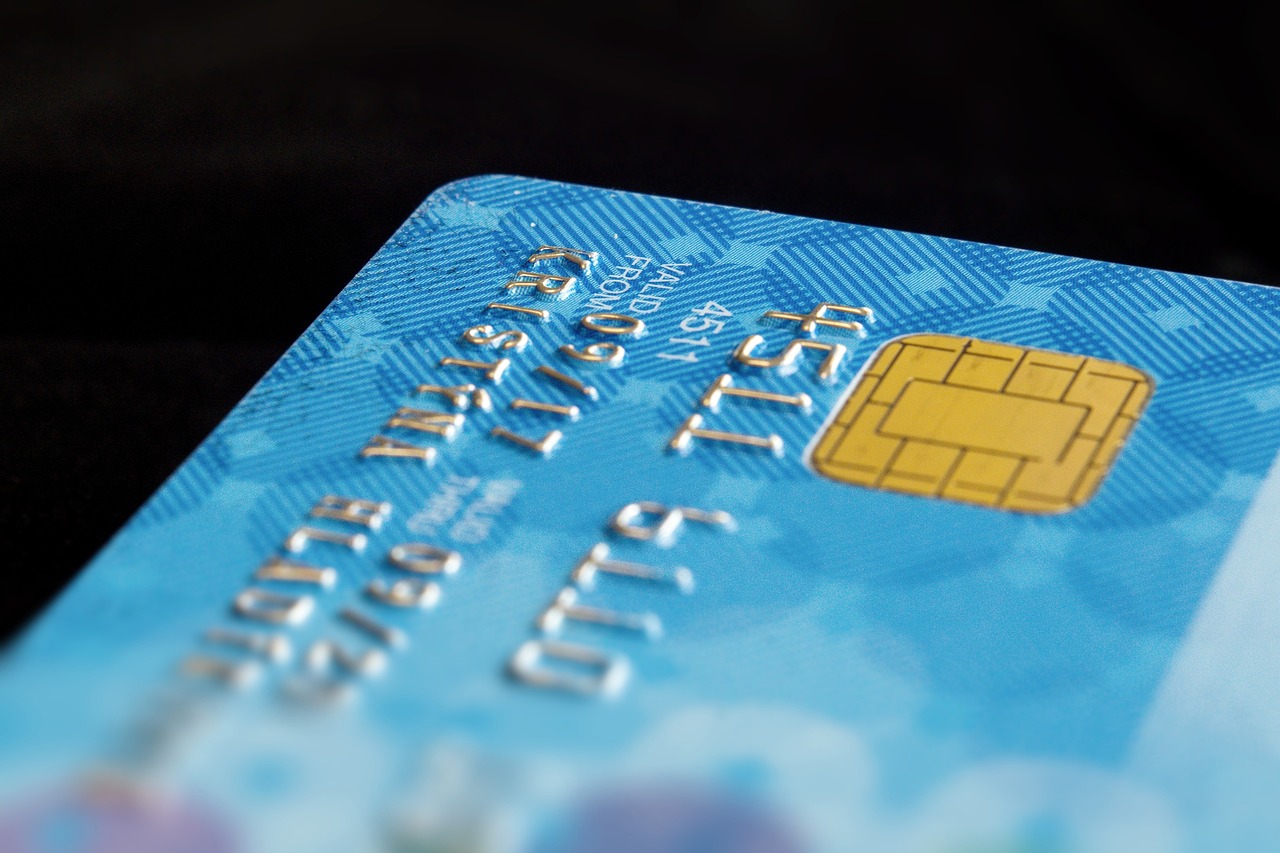How to Fix Your Credit After Identity Theft

Ava was enjoying her vacation with friends when she received a notification regarding a $30,000 loan. She thought this might be a scam, so she ignored it.
However, the debt collectors soon started calling and threatening her. That’s when she understood the horrific truth, which shocked her.
She has become a victim of identity theft. Not only was her identity stolen, but someone also took out a loan in her name.
Many people like Ava suffer the consequences of someone else’s actions. It damages their credit score and ruins their financial life. According to stats, the FTC received around 5.9 million fraud and identity theft reports. Around 1.5 million cases were related to identity theft.
Identity theft credit repair is also a huge hassle. But if you take the right steps, then it’s completely possible.
That’s why we’ve formulated this guide. You’ll learn to immediately recognize these types of thefts, deal with them, and much more. So keep reading.
Recognizing Identity Theft and Immediate Actions
To stop identity theft, it’s crucial to take quick action. Be vigilant for unusual transactions, unfamiliar accounts, or sudden drops in your credit score. If you notice any discrepancy, that could be a sign of being cautious.
Placing a Fraud Alert
Don’t hesitate to place a fraud alert if you have a suspicion. It includes contacting major credit bureaus, i.e., Equifax, Experian, or TransUnion.
Immediately place a fraud alert on your credit reports. It also alarms creditors and lenders regarding giving loans and other financial decisions regarding your account. The initial time duration for a fraud alert is 90 days, but it can be increased based on the situation.
Freezing Your Credit
It’s one of the best ways to stop scammers from identity theft. In this, you restrict access to credit reports, so getting approved for new accounts becomes challenging for thieves.
However, you must contact each credit bureau separately for a credit freeze.
But what if you want to apply for new credit?
Then, you can temporarily lift the freeze.
Locking Your Credit
It’s similar to a credit freeze, where you add a layer of protection to your account. This service is offered to provide a better and more user-friendly experience.
It’s done through mobile apps or online, so you can easily lock or unlock credit.
But isn’t credit lock and freeze almost the same thing?
No.
The difference lies in the fact that a credit lock costs money because it’s a service offered directly by the credit bureaus. Meanwhile, freezes are considered more secure because of regulatory standards.
Reviewing and Understanding Your Credit Reports
Obtaining and scrutinizing your credit report is a fundamental step In identity theft credit repair. You should request major bureaus’ credit reports and look for errors and mistakes.
If you take action, you won’t need to wonder how to repair credit after identity theft. First, make sure to learn how to read and understand your credit report.
So here’s the good news: every American can get credit reports for free from all three credit bureaus. Just visit AnnualCreditReport.com and download your credit reports.
Now that you have a credit report, it’s time to identify errors. Understanding these can be difficult, but here’s what you should look for.
Look for errors that pose a risk of identity theft. Ensure your personal information, such as name, address, date of birth, etc, is accurate. Ensure no new accounts, loans, closed accounts, or inquiries are made in your name.
Thoroughly review balance and payments. If anything is missing or there are incorrect payments, it can impact your credit score. This is when you will need to file a credit dispute.
Reporting Identity Theft to Authorities
After noticing identity theft, you immediately want to take the next step. But before taking any steps to identify theft credit repair, you should report the situation to the FTC and local law enforcement organizations.
FTC is the central hub for collecting and sharing information related to the case. Meanwhile, reporting to organizations ensures you create an official record of the crime and may facilitate legal actions against the perpetrator.
Visit the website or FTC and provide detailed information regarding your case. This Identity Theft Report is valuable when disputing fraudulent accounts.
Still worried about how to fix credit after identity theft?
FTC has made a dedicated YouTube channel to keep people financially literate.
Dealing with Financial Institutions and Creditors
Immediately reach out to banks and creditors. Give them a detailed explanation of your situation.
Some institutions might require you to complete an identity theft affidavit. It’s a formal document outlining details related to fraudulent activity.
But is this enough?
No.
You should check for fraudulent accounts opened in your name. Notify banks and creditors immediately. If there are any charges, then dispute with relevant creditors. Monitor accounts for suspicious activity. Document all communications with institutions.
But the issue is how to fix your credit after identity theft. How’ll it help in any way?
When you ask for a block on your account, all transactions will stop unless you allow them. It saves you from a lot of fraudulent activities.
Rebuilding Your Credit Score
The most important part of this blog is how to fix your credit score after identity theft.
Here are three most essential tips.
- Responsible Credit Use: Timely payments on existing accounts. Avoid opening multiple new accounts quickly.
- Maintaining Low Credit Balances: Keep credit card balances low relative to the limit. Regularly pay off outstanding balances.
- Diversify Credit Types: Maintain a mix of credit types, including credit cards, installment loans, and retail accounts.
That’s how to fix your credit after identity theft. You should also utilize secured credit cards with a security deposit. They help rebuild your credit as they are accessible for those with lower credit scores.
Likewise, credit-builder loans are also of great help. These payments contribute to a positive credit history, and that’s how to fix credit score after identity theft.
Ongoing Credit Monitoring and Protection
Knowing how to repair credit after identity theft is not enough. You should take steps and continuously monitor your credit to ensure a similar situation doesn’t happen again. Swift responses to potential threats prevent prolonged damage and understanding how to fix credit after identity theft.
Tools & Services
You should use credit monitoring services like Credit Karma, Experian, or Identity Guard. When you notice something’s off, immediately activate fraud alerts and act.
When looking for the best identity theft services, consider transparent companies with good reviews that provide exceptional service. Here are the top three service providers.
- Aura – Best Identity Protection Service
- LifeLock – Best for a wide variety of plans
- Identity Guard – Reasonably priced basic plans
To Sum Up
Recognize signs of identity theft by monitoring credit reports. Place fraud alerts, freeze credit, and report to credit bureaus and authorities. In this blog, we have covered all you need to remember to fix your credit after identity theft.
Remember: Review, dispute, and monitor.
We can’t emphasize enough the need for ongoing credit monitoring. Remember that learning how to fix your credit score after identity theft is not enough. You must incorporate long-term healthy financial habits.
So, are you ready to get your finances on track?
Explore informative and insightful blogs on Credit Secrets today for credit repair and identity theft protection. Grab your Credit Secrets book for an in-depth financial understanding.
Jenn Cartwright
What's Trending








